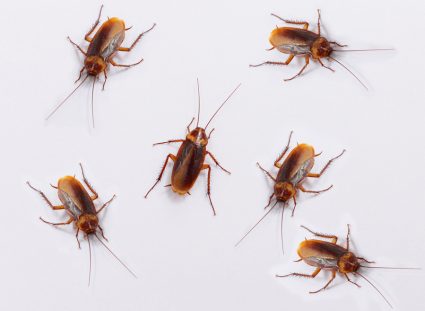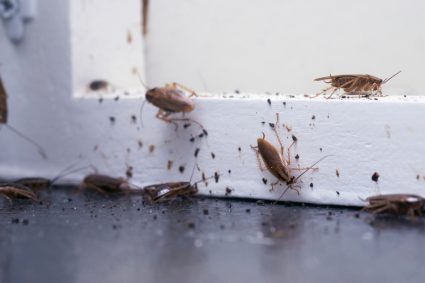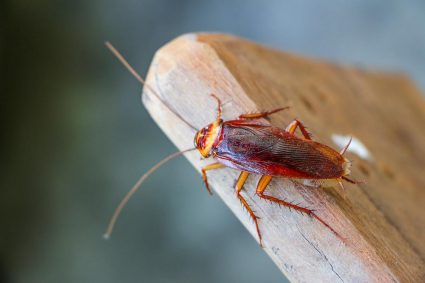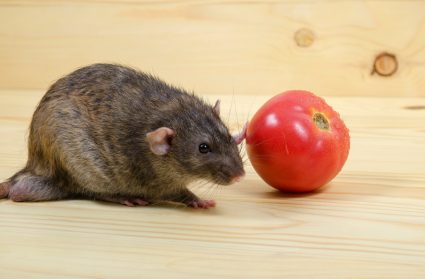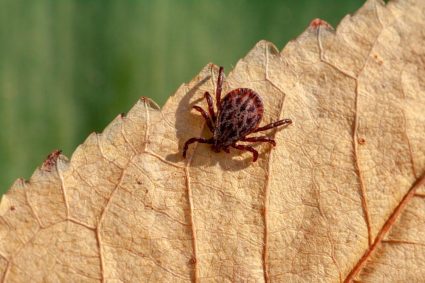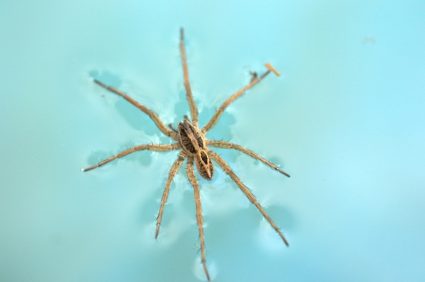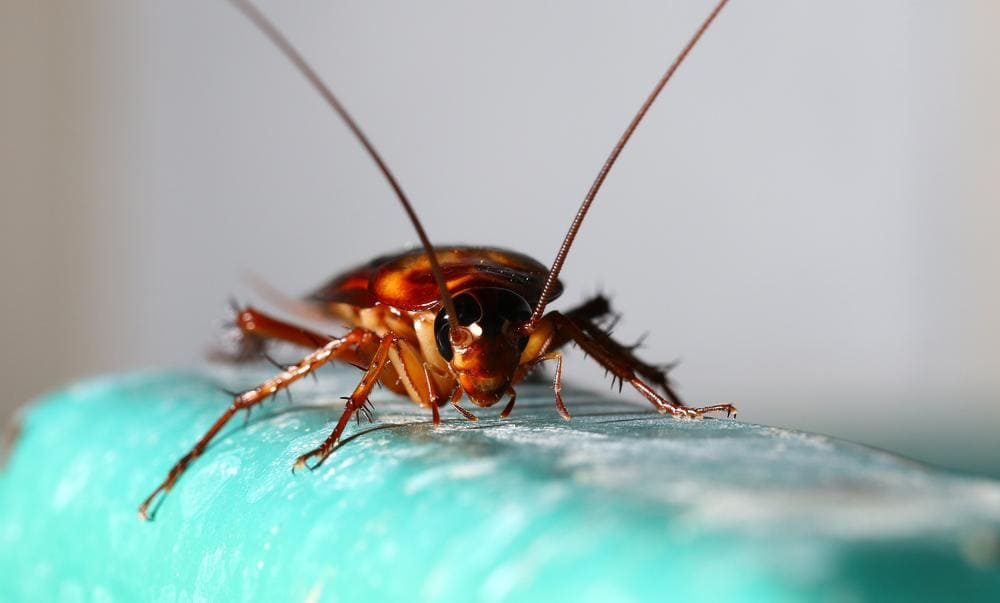
Roaches are a common household pest that can be a nuisance and a risk to health due to the diseases they can spread. When dealing with a roach infestation, you may consider using a roach spray. While there are many commercial roach sprays available on the market, you can also make your own at home using simple ingredients. In this comprehensive guide, we’ll delve into how to make your own roach spray, how it works, its effectiveness compared to store-bought sprays, and precautions to take when using it.
To make a homemade roach spray, you can mix 15 drops of peppermint oil with 1 cup of rubbing alcohol, or combine equal parts baking soda and sugar. Another option is to mix equal parts borax and sugar, or sprinkle food-grade diatomaceous earth in areas where roaches are likely to be present. You can also create a spray with half a cup of saltwater, eight drops of cypress oil, and ten drops of peppermint oil. Apply the mixture in areas where roaches are found. Always monitor the effectiveness and consult a professional if the infestation persists.
Essential Ingredients for Homemade Roach Spray
First, let’s talk about the essential ingredients needed to make a homemade roach spray. Some of the most effective ingredients include:
- Peppermint oil: Combine about 15 drops of peppermint oil with 1 cup of rubbing alcohol and spray around sinks, door frames, and other areas where roaches may be present.
- Rosemary oil: Research has found that rosemary oil is effective at repelling roaches.
- Baking soda and sugar: Mix equal parts baking soda and sugar in a small dish and apply it to kitchen cabinets, baseboards, crevices, water sources, and other places where roaches may be present.
- Borax and sugar: Mix equal parts borax and granulated or powdered sugar to create a homemade roach killer.
- Diatomaceous earth: Sprinkle food-grade diatomaceous earth in areas where roaches are likely to be present.
- Essential oil blends: Mix half a cup of saltwater with eight drops of cypress oil and ten drops of peppermint oil, then pour the solution into a spray bottle and use it as a roach repellent.
Remember that while homemade roach sprays can be effective in repelling or killing individual roaches, they may not be sufficient for dealing with a severe infestation. In such cases, it’s recommended to consult a professional exterminator.
Preparing and Using Your Homemade Roach Spray
Once you’ve gathered your ingredients, follow these steps to prepare and effectively use your homemade roach spray:
- Clean your home: Thoroughly clean all surfaces, including counters, cabinets, appliances, drawers, and floors. Vacuum all areas, especially near the baseboards.
- Prepare the spray: Follow the recipe for your chosen homemade roach spray and mix the ingredients in a spray bottle. Label the bottle to avoid confusion.
- Apply the spray: Spray the mixture in areas where roaches are most likely to be found, such as cracks, crevices, and other hiding spots. Avoid over-spraying, as this can lead to an unpleasant smell and may even damage surfaces.
- Monitor the effectiveness: Regularly check treated areas to assess the effectiveness of the homemade roach spray. If the infestation persists or worsens, consider seeking professional help.
How Homemade Roach Spray Works
Homemade roach sprays work by using natural ingredients that are toxic or harmful to roaches, while being safe for humans and pets. For example, the sugar in a baking soda and sugar mixture attracts the roaches, while the baking soda reacts with their stomach acid, producing gas that ultimately kills them.
Homemade vs Store-Bought Roach Sprays
While homemade roach sprays can be effective in killing individual roaches, their effectiveness may not be as consistent or long-lasting as store-bought sprays. Store-bought sprays are designed to target different aspects of a roach infestation, such as killing visible roaches, reaching hidden roaches, and disrupting their reproductive systems. However, some roaches have developed resistance to certain chemicals in store-bought sprays, making them less effective in some cases.
Safety Precautions
When using homemade roach spray, always keep the mixture out of reach of children and pets, and monitor your pets for any signs of adverse reactions. If you have a severe infestation, it’s best to consult a professional exterminator for a safe and effective solution.
In conclusion, homemade roach sprays can be a cost-effective and eco-friendly alternative to commercial products. While they may not be as potent, they can still be a useful tool in your pest control arsenal. By understanding how to make and use these sprays effectively, you can help keep your home roach-free.
Frequently Asked Questions
Can I use other essential oils to repel roaches?
Yes, other essential oils such as eucalyptus oil and tea tree oil can also be effective in repelling roaches. However, it’s important to note that effectiveness can vary depending on the type of roach and the concentration of the oil.
How often should I apply the homemade roach spray?
The frequency of application can depend on the severity of the infestation. However, as a general rule, you should reapply the spray once a week or whenever you notice an increase in roach activity.
Are there any risks associated with using baking soda and sugar as roach killer?
While baking soda and sugar are generally safe for humans and pets, they should still be used cautiously. Ensure that the mixture is out of reach of children and pets, and avoid applying it to areas where it could come into contact with food.
Can I use homemade roach spray on my plants?
It’s not recommended to use homemade roach spray on plants, as some ingredients, like essential oils and borax, can harm plants. Always test a small area first if you decide to use it on plants.
Is homemade roach spray effective against other pests?
Some ingredients used in homemade roach sprays, like essential oils and diatomaceous earth, can also be effective against other pests like ants, fleas, and bed bugs. However, the effectiveness can vary depending on the type of pest and the concentration of the ingredients.


